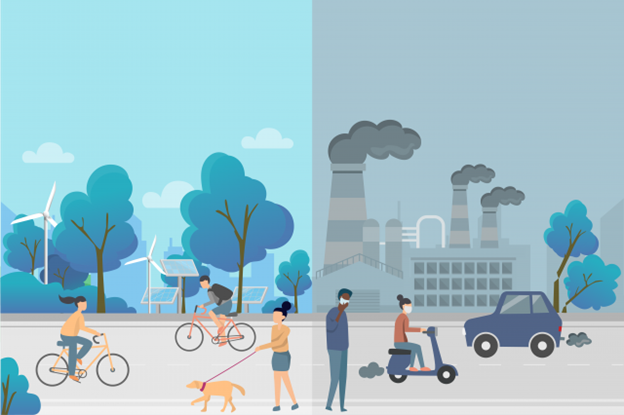June 20, 2023
The Community Health Corner
Submitted by Stephanie Gutierrez

Community health uses science-based approaches for the greatest health benefit to the greatest number of people by addressing the social, economic and structural drivers that impact everyone’s health. The National Extension Framework for Health Equity and Well-being recommends using community development practices to ensure that every person has the opportunity to "attain his or her full health potential," and no one is "disadvantaged from achieving this potential because of social position or other socially determined circumstances." The following tools and resources can be used to improve health equity and well-being working with communities to achieve the nation’s Healthy People 2030 objectives.
JOIN NOW: Join Truth Initiative on June 20, for Black Lives / Black Lungs: Big Tobacco’s Targeting of the Black Community. The event will feature a film screening and moderated discussion with documentary filmmaker Lincoln Monday.
READ NOW: TFAH recently released the report The Impact of Chronic Underfunding on America’s Public Health System: Trends, Risks, and Recommendations, 2023. This annual report examines federal, state, and local public health funding trends and recommends investments and policy actions to build a stronger public health system, prioritize prevention, and address the ways in which social and economic inequities create barriers to good health in many communities.
USE NOW: The American Lung Association has published a news release with tips to protect yourself from wildfire smoke and poor air quality. Recent wildfires in Canada produced a significant amount of smoke that is resulting in unhealthy and even hazardous air quality in several cities in the U.S. This air quality is unhealthy for everyone, but can be especially harmful for children, older adults, individuals who may be pregnant and people with lung diseases like asthma and chronic obstructive pulmonary disease.
For more information, contact Elaine Johannes, ejohanne@ksu.edu; and Stephanie Gutierrez, smgutier@k-state.edu.